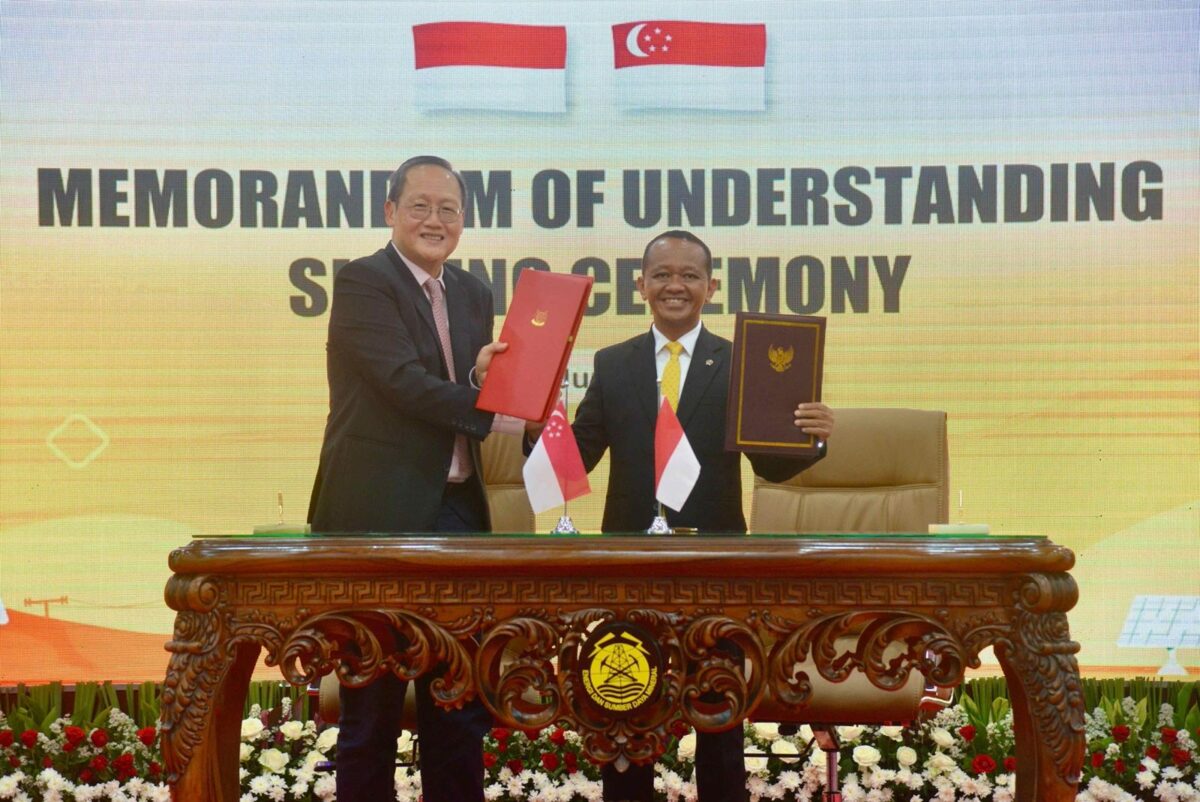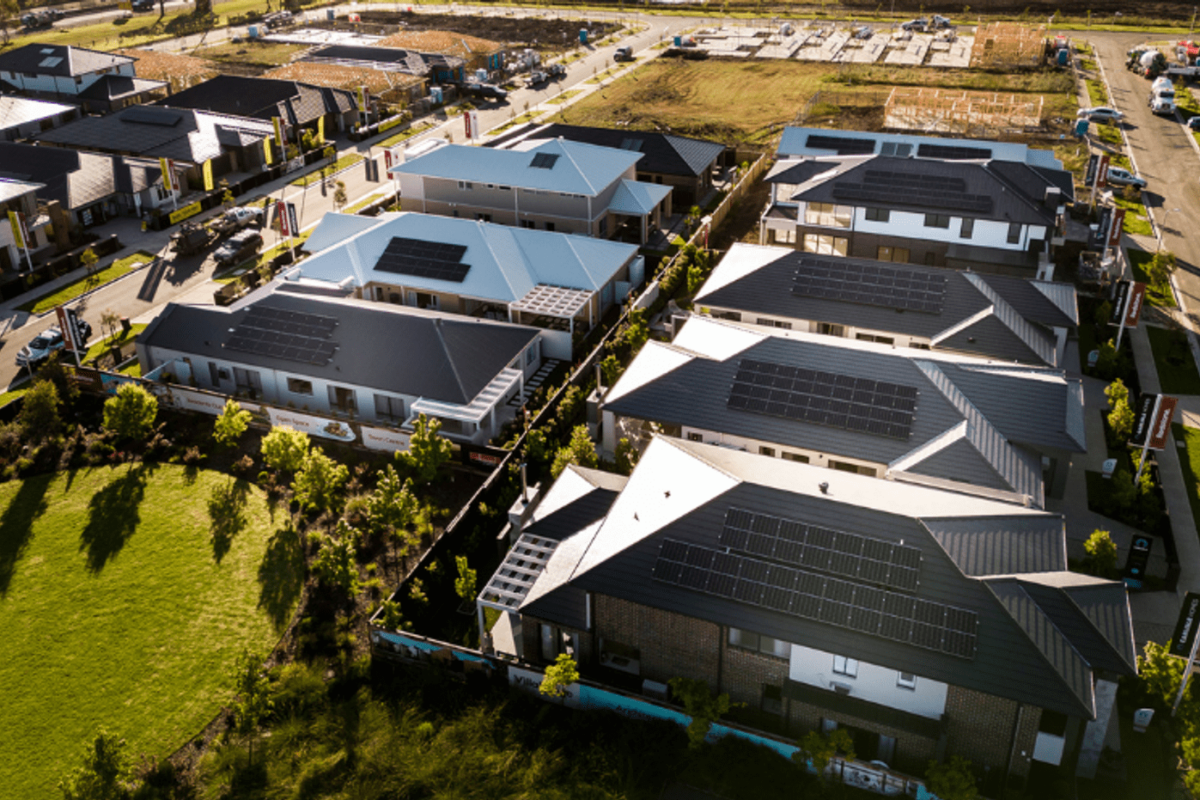Indonesia and Singapore have agreed to build a solar panel manufacturing industry in the Riau Islands.
The agreement includes plans to develop an integrated green industrial zone in the Indonesian province to support cross-border clean energy trading between the two countries. The zone will be located in the regency of Karimun and on the island of Bintan, both near Singapore.
According to a press release from Indonesia’s Ministry of Energy and Mineral Resources, carbon capture and storage (CCS) technology will also be deployed in the zone, supported by a separate agreement.
Indonesian Energy Minister Bahlil Lahadalia confirmed that the production of solar panels and cables will be part of the agreement. He said this would create new opportunities for the solar energy market. He also said CCS technology would offer solutions for hard-to-decarbonize industries.
“The total investment in this project alone is already around USD 10 billion ($15.5 billion), and the important thing is that potential investors are already identified,” Bahlil said.
A separate news release from the ministry said the $15.5 billion capital scheme, backed by both governments, will be carried out in three phases. The first will cover the construction of solar panels, followed by a second focused on carbon capture and storage (CCS) facilities, and a third that will “unite manufacturing, technology and logistics supply chains with low carbon emission standards.”
The integrated green industrial zone is expected to create tens of thousands of jobs, starting with solar panel manufacturing and battery energy storage operations and maintenance. It is also projected to generate up to $6 billion in additional annual foreign exchange. The agreement follows three other clean energy cooperation deals between the two countries in recent weeks.
Indonesia’s cumulative solar capacity surpassed 700 MW in August 2024, according to the Institute for Essential Services Reform.
Singapore’s total solar capacity reached 1,157 MW at the end of 2024, up from 919 MW the year before, according to the International Renewable Energy Agency (IRENA). In November 2024, research from the National University of Singapore indicated that the country could reach its 2 GW solar installation target by 2028, ahead of its 2030 deadline.
This content is protected by copyright and may not be reused. If you want to cooperate with us and would like to reuse some of our content, please contact: editors@pv-magazine.com.








By submitting this form you agree to pv magazine using your data for the purposes of publishing your comment.
Your personal data will only be disclosed or otherwise transmitted to third parties for the purposes of spam filtering or if this is necessary for technical maintenance of the website. Any other transfer to third parties will not take place unless this is justified on the basis of applicable data protection regulations or if pv magazine is legally obliged to do so.
You may revoke this consent at any time with effect for the future, in which case your personal data will be deleted immediately. Otherwise, your data will be deleted if pv magazine has processed your request or the purpose of data storage is fulfilled.
Further information on data privacy can be found in our Data Protection Policy.